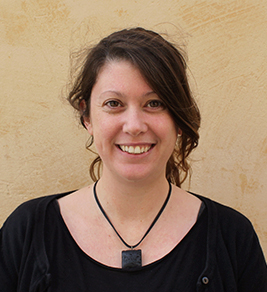Urban agriculture contributes to food security, provides health benefits for the population, and is a valuable resource for urban regeneration. However, it may also have social and environmental externalities that need to be considered when evaluating the benefits to city sustainability. In a new article “Monitoring the contribution of urban agriculture to urban sustainability: an indicator-based framework”, Nordregio researchers studied four key enablers of sustainable urban farming and analysed the case of Arhus in Denmark.
In this work, researchers present a novel indicator-based evaluation framework for urban agriculture that captures the contribution of gardening practices to urban sustainability. The article discusses enablers, such as environmental resilience and resource efficiency; food security and income generation; inclusive society; and a novel sustainable urban design criterion.
The framework was applied to Fællesgartneriet Brabrand, a community garden located in the city of Arhus, Denmark. According to the researchers, the framework provides a great way to assess the benefits and potential externalities of urban agriculture in a systematic yet adaptable way.
“This framework can support local governance processes for sustainable urban design at other stages of the policy cycle. It is also expected to contribute to on-going academic debates about the role of urban agriculture for increased environmental and community resilience”, says Carlos Tapia, Senior Research Fellow at Nordregio.
The results show that the framework can be consistently applied to address simultaneous needs at the city and community levels. Moreover, the framework can be reliably applied to the analysis of smaller gardens and in situations where data constraints apply.
Related Staff
Related Research Projects
Related Publications
- Indicator frameworks: Helping planners monitor urban sustainability
- Integrated Models: Planning Urban Sustainability
- Adaptive Urban Planning in Response to a Changing Climate
- Demographic changes, housing policies and urban planning
- Experiments and innovations in ‘soft’ urban planning: urban living labs
- SiEUGreen White Paper with best practices





